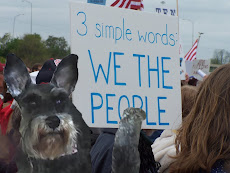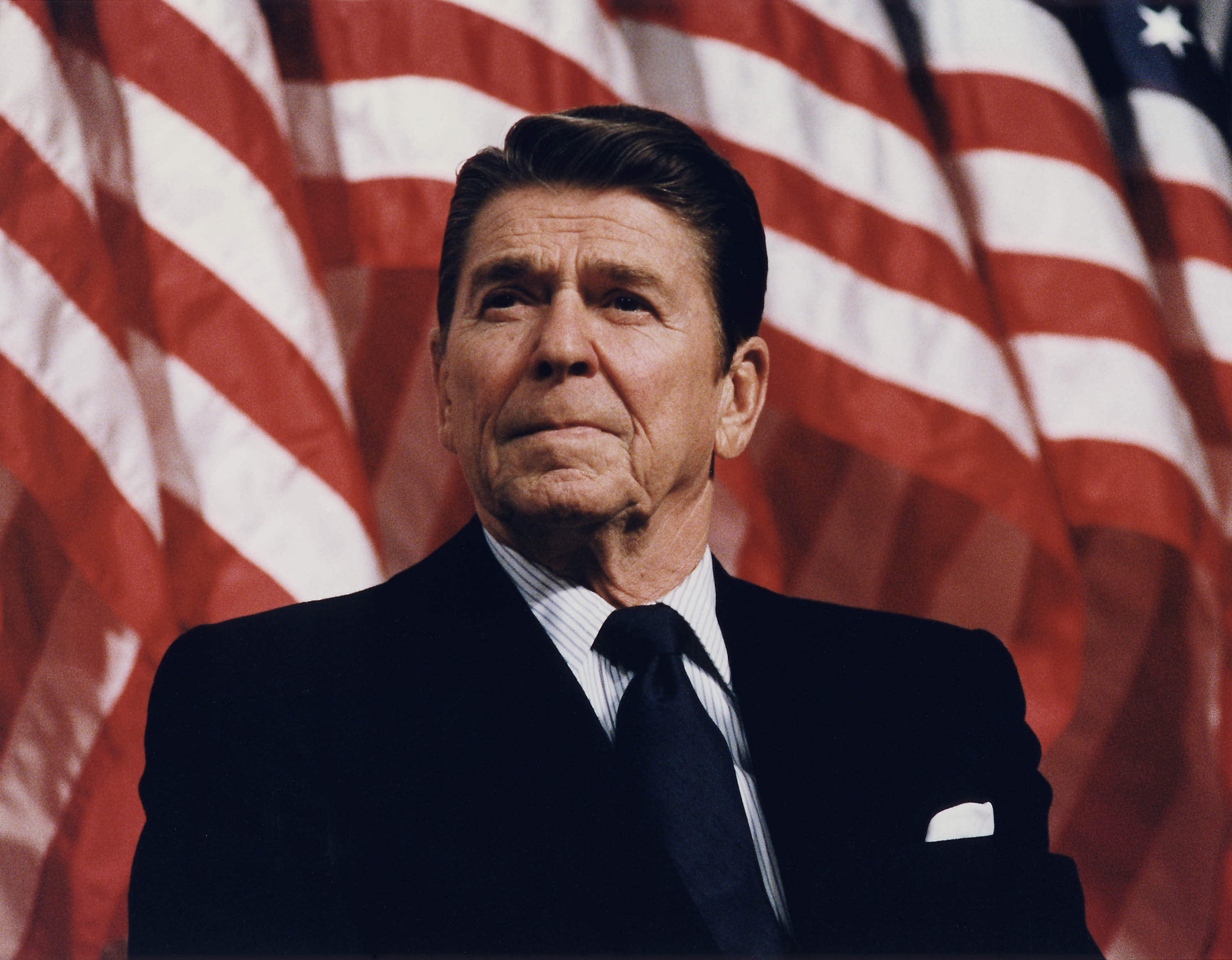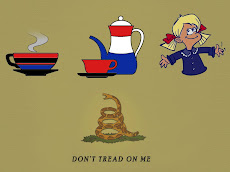
Tim Russert Dead of a a heart attack at 58.
Timothy John Russert, Jr. (May 7, 1950 – June 13, 2008[1]) was an American journalist who hosted NBC's Meet the Press from 1991 until his death in 2008. He was the Washington Bureau Chief for NBC News, and hosted Tim Russert, a weekly interview program on MSNBC. He was also a frequent correspondent and guest on other NBC News programs, such as The Today Show and Hardball. He co-hosted the network's presidential Election Night coverage. He also presented the polling results of the NBC News/Wall Street Journal survey on the NBC Nightly News alongside the anchor of the show. Russert had diabetes and died of a heart attack at 1:14pm EDT on June 13, 2008.
Here's an interview from Rush Limbaugh with Tim Russert, 2004:
RUSH: We don’t have guests on this program, but we made an exception here for our friend Tim Russert of NBC News. Tim, how are you, first off? Nice to have you with us. It’s a real pleasure.
RUSSERT: It’s an honor to be here, Rush. Thank you very much.
RUSH: We put this together two weeks ago before the events of last Saturday and this week took place. We decided to go ahead and stick with it because I’m sure you have some Reagan stories, and before we get into the discussion of your book, let me ask you, Tim. As a journalist, what is your reaction to what you are seeing and hearing this week around the country and in Washington?
RUSSERT: Extraordinary. What we have seen is an outpouring of affection and respect for an American president. I have not observed or witnessed anything like it since the death of President Kennedy, and I was quite taken last night, Rush, as we showed some old footage of the Kennedy funeral which was the grainy black and white and people crying and sobbing, and in shock because of the assassination — and the contrast is so striking to the mood we saw in the streets of Washington last night. It was celebratory.
RUSH: Yeah.
RUSSERT: Because there was an understanding that President Reagan had lived an extraordinarily long and honorable life. And like in so many things, I had a long conversation with my dad about President Reagan, and dad’s instincts I think, are exactly right. He said, “You know, he told us exactly, early on about Alzheimer’s. He died in dignity, and he braced us for it. He prepared us for it. He was stand-up about it,” and I think that’s what we’re seeing reflected from the American people today, an appreciation of someone who talked to them in a way that was understandable, and meaningful, and respectful of them, as well as the issues.
RUSH: You know, it’s said that the country’s “never been more divided than it is,” and I think most people’s historical perspective begins when they’re born. You can I’m sure go back in American history and find easily as ribald a period of time if not more so than today, but still that is people’s reality. Do you think an event like this can have any lasting unity beyond Friday when the internment takes place?
RUSSERT: I hope it can, and I think it might. I heard that from Democrats and Republicans. Because there was a sense that when Ronald Reagan was president, he was a conservative Republican and he was proud of it, and he was unabashed in laying out his conservative principles and philosophy — and yet he was also willing as he would say, “If I can get three-fourths of a loaf I’m going to take it, stay with my principles, and move on.” I remember when (New York Democrat Senator) Daniel Patrick Moynihan, whom I knew very well, and (GOP Senator Kansas) Bob Dole went to President Reagan with a compromise on Social Security to keep it solvent to people would continue to have it for years to come and President Reagan said, “Can we get (Democratic Speaker of the House) Tip O’Neill?” and the four of those men — two Democrats, two Republicans — sat down and fashioned a compromise, which guaranteed the solvency of Social Security for a long time to come. That’s Ronald Reagan and that’s his legacy. I think that if more people here realize that there are ways to approach government where people can keep their principles and yet be willing to find common ground and consensus, the better off we’re all going to be.
RUSH: Well, where were you in the 80s in terms of your career? Were you working in Washington yet?
RUSSERT: Yes, I had finished law school, and then I joined Daniel Patrick Moynihan in 1976 and was there through 1982. In fact, I was with Jim Brady, the President Reagan’s press secretary, the night before he was assassinated [sic—wounded, paralyzed]. We were at a replay, if you will, of the gridiron dinner where President Reagan and Senator Moynihan had spoken with and we walked out to the parking lot together and bid farewell and the next thing I knew 12 hours later, Jim Brady was shot.
RUSH: Again, somewhat of a personal connection to the formative event. As you look back on it now, Tim, from the standpoint of your age now as an adult and what you’re doing for a living and in your life now, all encompassing things as you, look back now these 20 years do you have a different recollection of the 80s now than did you perhaps when you were living through them going through them?
RUSSERT: Yeah, I think it’s much more macro, much larger. Sometimes when you’re covering and engaged in life on a day-to-day basis, or hour-to-hour basis, you don’t fully appreciate the size or scope or magnitude of an individual. And, Rush, I remember as a little boy watching with my dad when Gorbachev [sic–Khrushchev] took off his shoe and started banging it at the United Nations –
RUSH: Khrushchev.
RUSSERT: — yelling, “Your children would grow up in communism,” and my dad sat there shaking his head, saying, “No, sir. No, siree. No, sir.” This is a Big Russ, the World War II veteran.
RUSH: Yeah.
RUSSERT: And I had forgotten that imagery until, “Mr. Gorbachev, tear down this wall,” and it’s exactly the kind of resolve and determination that I saw in my dad, who is now 80 as I saw in President Reagan. You know, it’s funny because people talk about Reagan Democrats. I know Reagan Democrats. I grew up in an Irish Catholic neighborhood. People who were born Democrats and baptized Catholic, and in the 60s and the 70s, they believed deeply that the Democratic Party left them, and that’s very much the way Ronald Reagan experienced it a little bit earlier, in the 50s, and the reason people, these Democrats, these ethnic Democrats embraced Ronald Reagan was not because they had a checklist of his issues or philosophy or on a one-to-ten scale on tax cuts and so forth, not — some did. Some did, but many others embraced him because he began to talk about the United States and what it is and what it stands for — and morning again, America standing tall. That’s what my dad grew up with. My dad’s favorite expression in the whole world is, “What a country,” and that’s the language that Ronald Reagan used to explain who we were and what his vision was, and that’s why Reagan Democrats embraced them so vigorously.
Rush Limbaugh Statement on Tim Russert's Death: "It's just a shame. Tim was a regular guy with that perpetual smile he wore naturally all the time. He loved life and got everything he could out of it. Whether it was at dinner here in Florida while his son was taking golf lessons, or on the set of Meet The Press, Tim was always the same with me: genuine. He never condescended to anyone and was the consummate professional. He will be hard to replace. He was the closest thing there was at any of the networks to an objective journalist."






2 comments:
Limbaugh pointed out that Russert, though a liberal, didn't allow guests to lie on his program. And that was true. Russert's style was the best. May he RIP.
I was crazy about Tim Russert. He was my favorite. The coverage and tributes on TV have been incredible.
Post a Comment